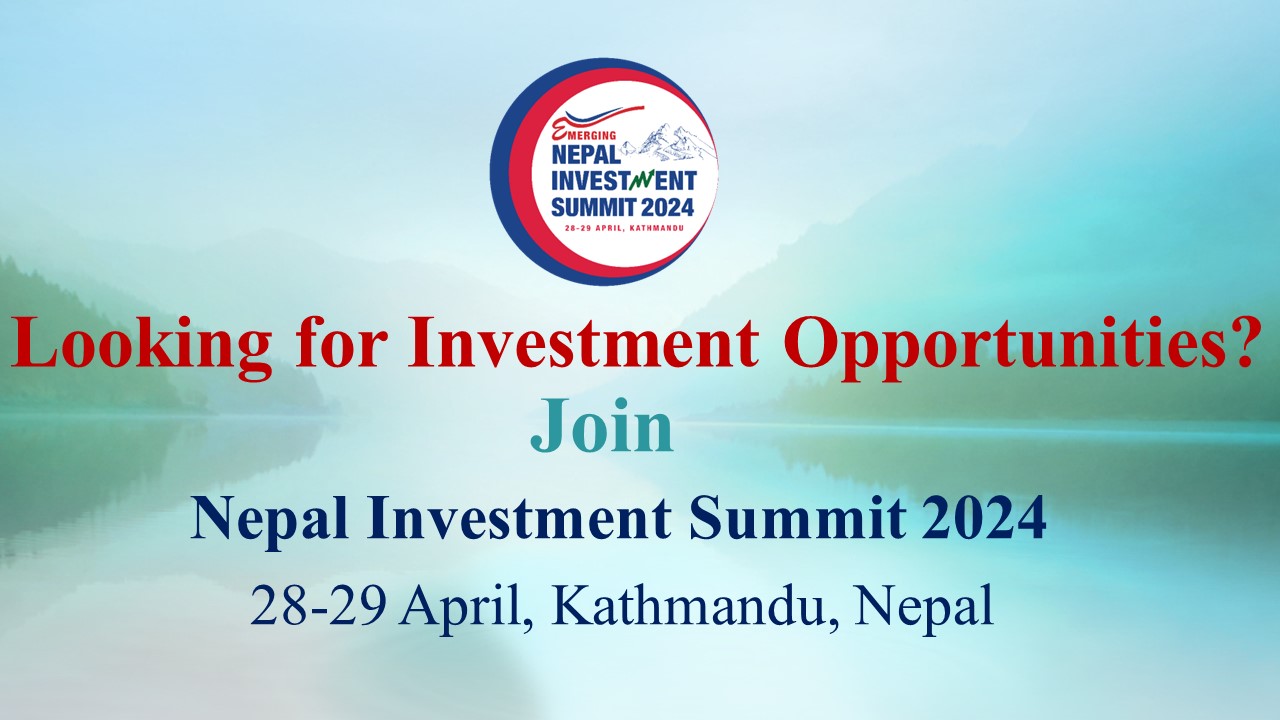Nepal has been pursuing a liberal foreign investment policy and been striving to create an investment- friendly environment to attract FDIs into the country. The areas of investment include industrial manufacturing, services, tourism, construction, agriculture, minerals and energy. Nepal encourages foreign investment both as joint venture operations with Nepalese investors or as 100 per cent foreign-owned enterprises. The few sectors that are not open to foreign investment are either reserved for national entrepreneurs in order to promote small local enterprises and protect indigenous skills and expertise or are restricted for national security reasons. Approval of the GoN is required for foreign investment in all sectors. No foreign investment is allowed in cottage industries. However, no restriction is placed on transfer of technology in cottage industries. Sectors Restricted for Forein Investment: i. Cottage industries ii. Personal service businesses such as hairdressing, beauty parlour, tailoring, driving training, etc iii. Arms and ammunition industries iv. Explosives and gunpowder v. Industries related to radioactive materials vi. Real estate business, excluding construction industries vii. Motion pictures business produced in ethnic languages and the language of the nation viii. Security printing ix. Currencies and coinage business x. Retail business xi. Internal courier service xii. Atomic energy xiii. Poultry farming xiv. Fisheries, and xv. Beekeeping Investment Board: With the view to attracting foreign as well as domestic Investment to boost the economy, the Government of Nepal has constituted a high level Investment Board, chaired by the Prime Minister of Nepal. The main objective of this board is to facilitate investors in investing in the potential sectors in Nepal. It provides one window facilities to the investors. Major Sectors… Hydropower The hydropower potential of Nepal’s rivers, based on average flow, has been estimated at 83,000 MW. The technical feasibility for development could yield an estimated 44,000 MW. Furthermore, the regional electrical grids, to which Nepal’s surplus could be exported, are likely to benefit a lot from the development of prime sites at relatively low capacity factors. Seti, Tamakoshi, Upper Karnali, Arun and Budhi Gandaki are some ofthe hydel projects that have attracted interest of foreign investors. Preliminary studies have identified potential for over half a dozen medium and large hydroelectric projects which is off greatest value for Nepal from the perspective of exporting hydroelectric power to neighbouring countries. In addition to power generation, some of the identified projects can bring enormous benefits in terms of irrigation, flood control and inland navigation beyond the Nepalese territory as well. Typical of these projects is the Karnali (Chisapani) Multipurpose Project, with an estimated capacity of over 10,800 MW and the potential for providing navigation on the Ganges River in the Indian plains. Nepal encourages development of the enormous hydropower potential with financial and technical assistance from donor countries, multilateral agencies, local and foreign private investors. Other Sectors Agriculture, herbal, wood and Mineral base industries are the other core areas which has both domestic market as well as export potential. Sectors e.g. Infrastructures, road, irrigation, airport, communication and information, Tourism has also has great potental for foreign investment. for details please read: Foreign Investment Opportunity or visit the www.doind.gov.np Forms of Foriegn Investment : Nepal encourages foreign investment both as joint venture operations with Nepalese investors or as 100 per cent foreign-owned enterprises. Foreign investment is welcome in three forms, which are as follows: » Investment in shares (equities) » Reinvestment of earnings from foreign investment and » Investments made in the form of loan or loan facilities. Technology Transfer- Technology Transfer can be made under an agreement between an industry and a foreign investor in the following matters: » Use of any technological right, specialization, formula, process, patent or technical know-how of foreign origin, » Use of any trademark of foreign ownership, and » Acquiring of any foreign technical, consultancy, management and marketing services.

